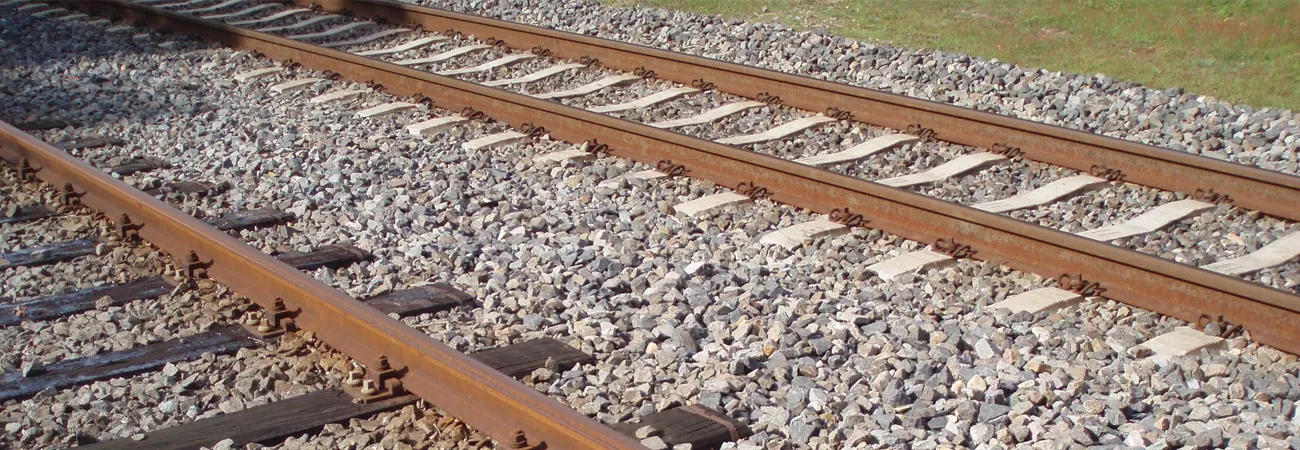i NEWS PAKISTAN
Pakistan Railways (PRs) has expedited the efforts to complete the rehabilitation work of a 33.50-kilometre track ‘through sleeper renewal’ between Quetta-Bostan and Quetta-Chaman section at the earliest. According to an official of the Ministry of Pakistan Railways, the track will not only facilitate the passengers and small businessmen but also connect three major cities of the Balochistan province. He said the railway network in Balochistan province mainly consisted of Quetta Division having Dera Allah Yar Sibi-Quetta, Quetta-Chaman, Sibi-Khost, Spezend-Dalbandin-Taftan and Bostan-Zhob which were closed for the last 15 years. There were two passenger trains namely Jaffer Express (40Up, 39 Down) and Chaman Passenger (349Up, 350 Down) operating in Balochistan while no stations had been closed during the last 15 years in the Quetta division, he said adding that the overall length of the railway track in Balochistan was 1470.36 kilometres including the closed Bostan-Zhob section.
“Most of the track was more than one-hundred-year-old and on certain stretches, engineering speed restrictions have been imposed due to deferred maintenance and owing to resource constraints,” he said, adding that the routine maintenance of the track was being carried out with available resources. To improve railway services in Balochistan, the PRs official said the department was taking several steps like approval of PC-I for the track’s rehabilitation and the rehabilitation of another 100-km track between Ahmedwal Dalbadin on the Quetta-Taftan section. He said that 100-km rehabilitation of the track between Nokundi Kohi-Taftan on the Quetta-Taftan section while 160.024 kilometres of rehabilitation of the track between Bostan-Chaman on the Quetta-Chaman section would be carried out.
The source said the tourist train’s two trips had been started between Quetta-Bostan while the Bolan Mail passenger train would also be operational shortly to facilitate the passengers. He said the establishment of Chaman Terminal in collaboration with the Federal Board of Revenue (FBR) and track renewal Sibi-Khost section was also in progress. To control the deficit and earn more revenue, he said the department had introduced ‘RABTA’- a platform for the improvement of its financial conditions. Rabta was essentially an attempt to enhance customer facilitation via artificial intelligence. Around 60 million passengers used Pakistan Railways annually, for which 40 per cent of the tickets were sold using an outdated process without any audit, he said. To resolve this problem, Rabta allows customers to plan trips with the help of different options. Single interface customers can check train statuses, choose and purchase seats, book hotels, and order car rentals, meals, and refreshments. He said Rabta also allowed passengers to lodge statuses during their journeys. They can book tickets through multiple platforms including mobile applications, websites, ticket agents, reservation officers, vending machines, and handheld devices, he added.
Credit: Independent News Pakistan (INP)









